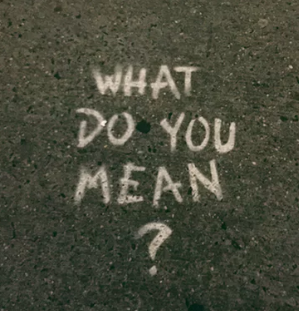Larger numbers and what's up with 20,000 ?
In an earlier post, I described how to count in Mandarin. That covered the numbers up to 100. Obviously, we need to know larger numbers, yet that was where I first came across a substantial difference in how the Chinese count when compared to English speakers. And I managed to get another puzzled look from my mother-in-law.

The larger numbers are quite different from what we use. Instead of hundred, thousand, million, and billion, they are:
2019-04-05
